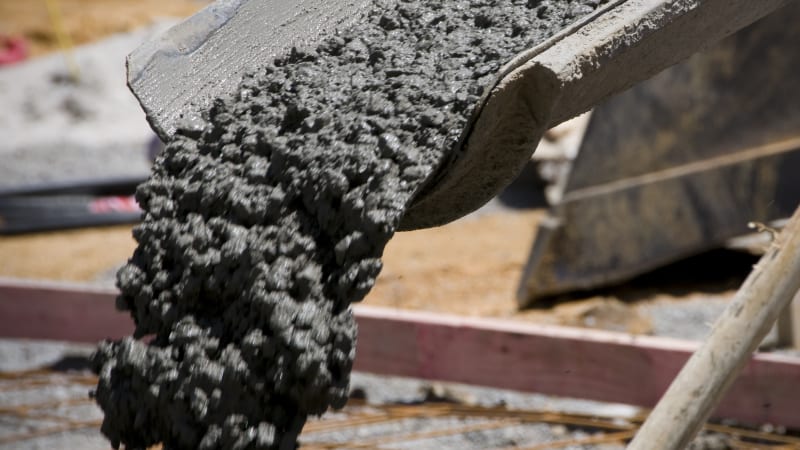Autonomous Cruise taxi drives through road construction site into freshly poured concrete

In less than a week since robotaxi companies got the green light to expand operations in San Francisco, an incident involving Cruise driverless cabs has made the news for a second time. In this case, one of the autonomous vehicles drove into a road construction site where city workers were paving a section of the street.
Fortunately no injuries were reported according to The New York Times. However, the self-driving taxi did get itself stuck in freshly poured concrete.
“That portion of the road has to be repaved, at Cruise’s expense,” said Rachel Gordon, a spokeswoman for the San Francisco Department of Public Works. Cruise is a subsidiary of General Motors and uses a fleet of Chevy Bolt EVs for its robotaxis.
San Francisco resident Paul Harvey took a photo of the predicament. “I can see five different scenarios where bad things happen and this is one of them,” Harvey told SFGate. “It thinks it’s a road and it ain’t because it ain’t got a brain and it can’t tell that it’s freshly poured concrete.”
Harvey called the robotaxis “creepy.”
Gordon said that the section of Golden Gate Avenue where the incident occurred had been cordoned off with cones while workers with flags stood at either end. Cruise did not offer an explanation for what happened, stating only that the car had “entered a construction area and stopped in wet concrete.”
On August 10, the California Public Utilities Commission voted 3-1 in favor of allowing robotaxi companies to expand their hours operation to a 24/7 schedule. Previously, they had only been allowed to operate between 10 p.m. and 6 a.m.
The following day, a traffic jam of 10 Cruise taxis clogged a section of the city’s North Beach neighborhood due to a popular music festival happening nearby. Cruise said that vehicles froze due to wireless connectivity issues caused by the festival.
In response, San Francisco Board of Supervisors President Aaron Peskin cautioned that a cell service disruption during a natural disaster or power outage could cause Cruise taxis to block roads when emergency vehicles are most urgently needed. “These things are not ready for prime time,” Peskin warned.
The incident follows a number of robotaxi malfunctions that would have taken a human driver a second or two to figure out. The Times reports that in January a Cruise vehicle interfered with working firefighters and only stopped when one of the firefighters banged on the hood and broke a window.
In April, a Cruise robotaxi collided with a city bus, and another was unable to follow a police officer’s instructions to pull over. A similar Cruise traffic jam of eight vehicles blocked city streets for hours last summer. Last December, NHTSA opened an investigation into Cruise for its vehicles’ greater-than-average rate of hard braking and immobilization.



